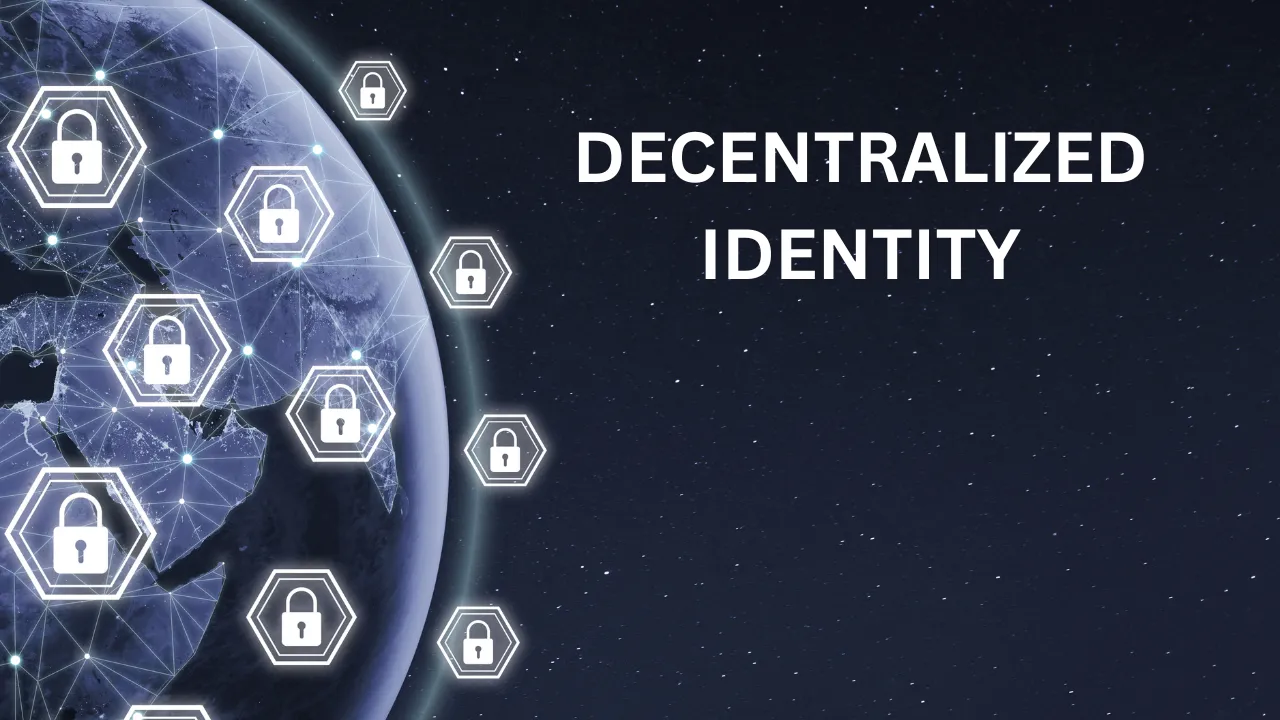
In today's digital world, managing our online identities is more important than ever. We use different platforms, like social media, and banking apps which require us to prove our identity. But what if there is a way to simplify and secure this process? Enter decentralized identity, which is a concept that is gaining attention and could transform how we handle our personal information online.
What is Decentralized Identity?
Traditional identity systems often keep and validate our personal information through a central authority, such as governments or corporations. For instance, your bank holds your financial details and social media platforms manage your profile information. This centralized approach means your data could be prone to breaches and misuse as your data is spread across multiple different places.
On the other hand, decentralized identity changes this model. Instead of depending on centralized authority to manage your identity, decentralized identity avails blockchain technology which allows you to control your own information. Blockchain is a type of digital ledger that records transactions which are in a secure and transparent way. You can generate a digital ID that you own and manage with a decentralized identity. Because this ID is kept on the blockchain, it is safe and tamper-proof.
How Does it Work?
Decentralized identification begins with the creation of a digital ID that is entirely under your control, sometimes referred to as a "self-sovereign identity." This ID is connected to a set of digital credentials such as your academic qualification or your driver's license etc that are validated and safely stored on the blockchain.
When you are required to prove your identity, you can share a certain piece of information from your digital ID rather than giving access to your entire profile. For example, if you are buying a ticket but need to prove your age, you can share just your birth date rather than all your personal information.
Importance
Decentralized identity gives people complete control over their personal information. It's up to you to decide what information you want to share and what not, with whom, and for how long. This minimizes the risk of your data being stolen or misused.
Decentralized identity systems using blockchain technology offer strong security features. Your personal information is encrypted and stored in a way that keeps it secured making it hard for unauthorized parties to access or change it.
It can be difficult to keep track of numerous identities and credentials. This is made easier with decentralized identification, which combines all of your personal data into a single, manageable digital ID. This improves the speed and effectiveness of identity verification.
Traditional identity systems are more exposed to fraud and data breaches. With a decentralized identity, the risk of identity theft or fraud is lower as the data is validated through blockchain and is only accessible by you. This makes it difficult for scammers to steal or manipulate your information.
Decentralized identity can be helpful to those who don't have access to traditional identification methods. For people who live in remote areas or those without formal identification, digital IDs allow a new way to prove identity and access services.
With the development of technology, decentralized identity could become an important part of our digital lives offering a secure and more user-friendly approach to managing our identities online.
@hivepulse
Image source: Canva